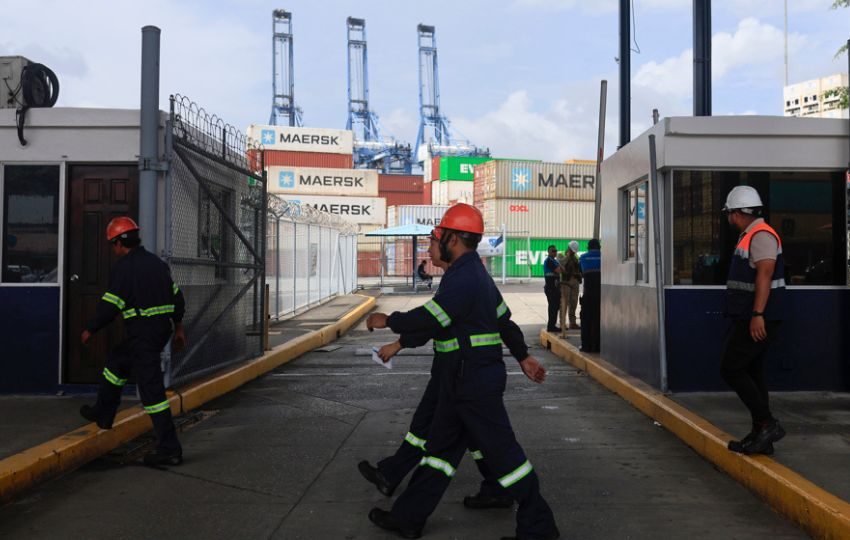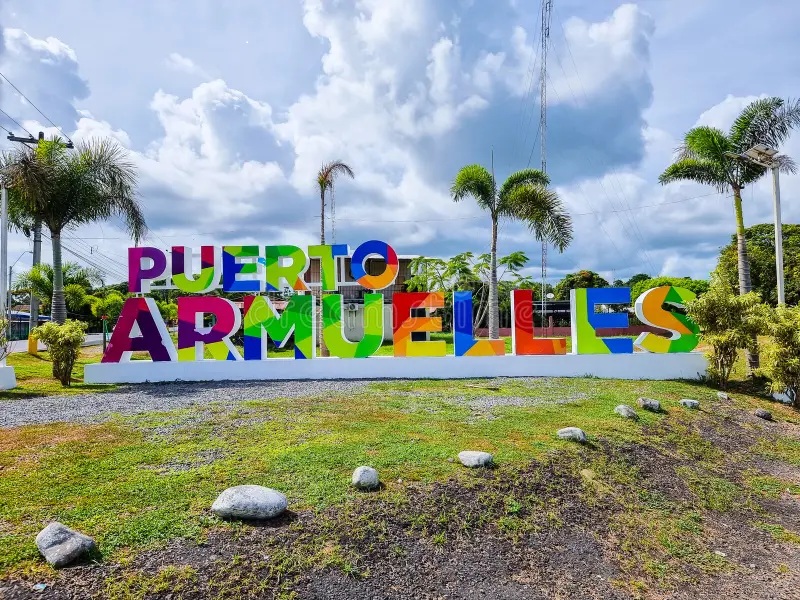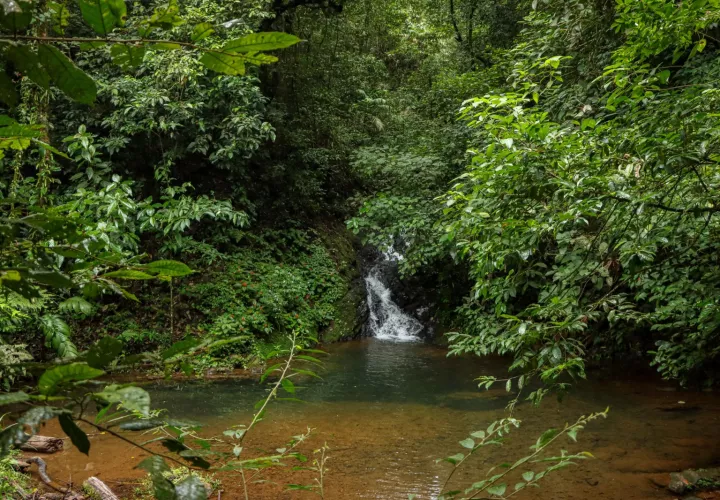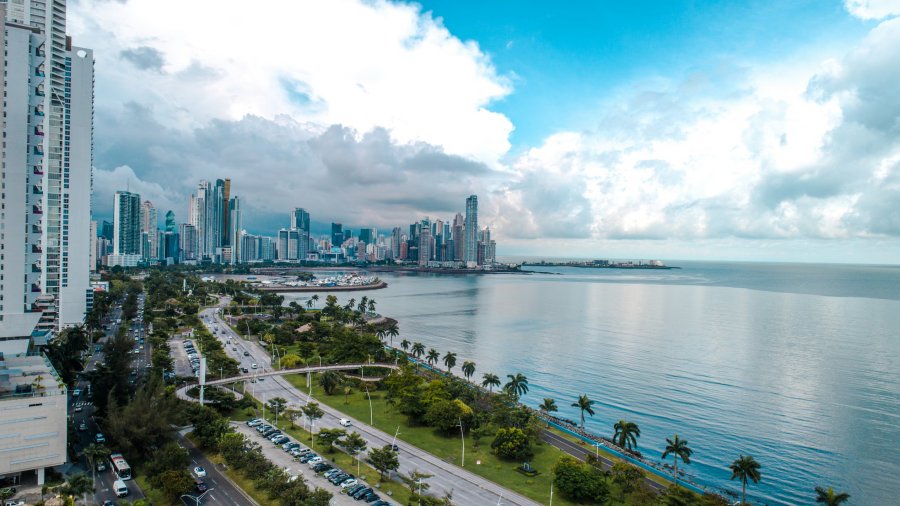Newly Elected Panama President Mulino Presents his Cabinet Ministers
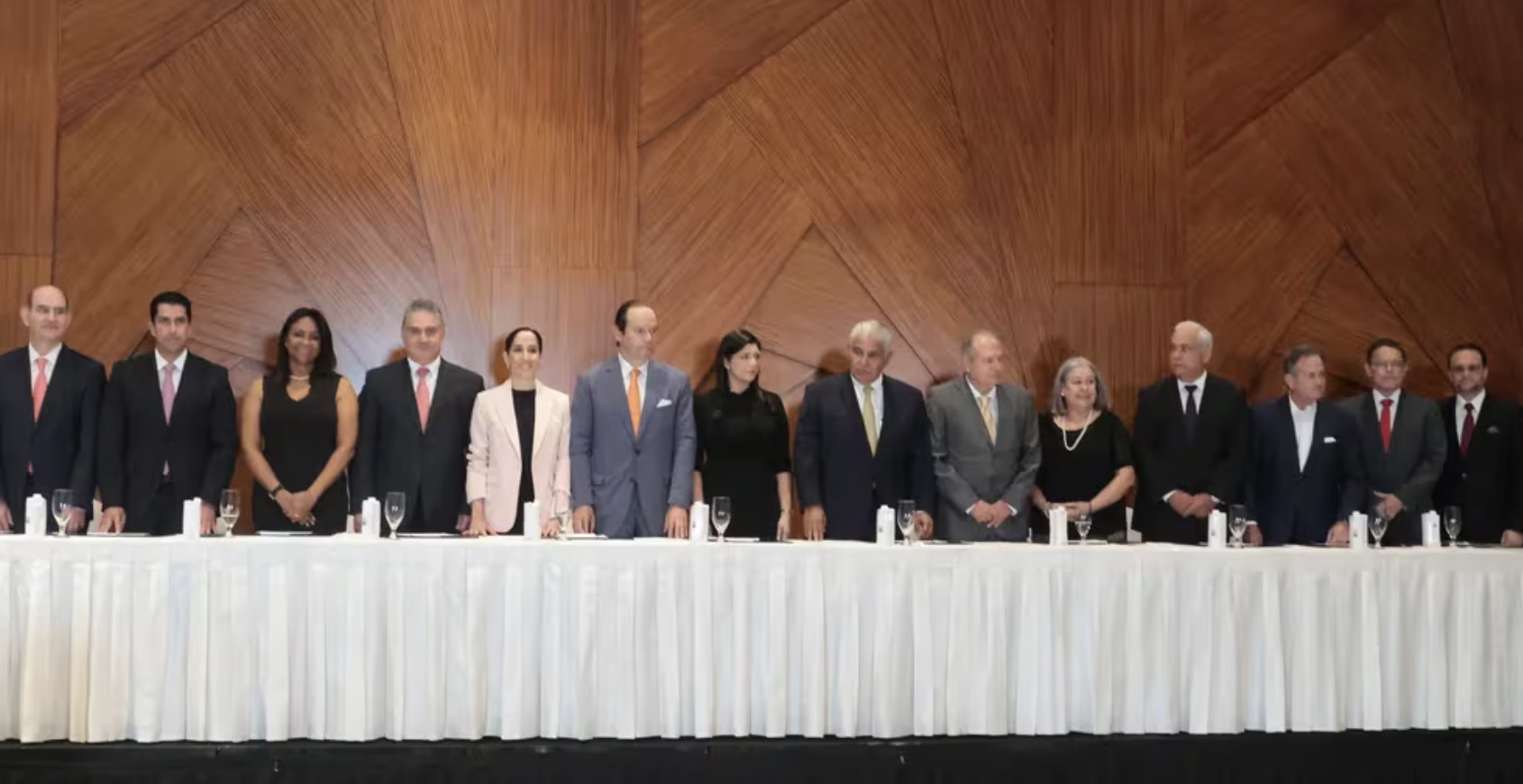
The president-elect of Panama, José Raúl Mulino, presented his cabinet which includes some former government officials of his mentor, former president Ricardo Martinelli (2009-2014). “The cabinet that I present to the country is the combination of experience, youth and competence that the country needs to face the great challenges that lie ahead, which are many.” Mulino said in a brief ceremony. The 64-year old lawyer (with a birthday in June), and former Minister of Security for Martinelli (2019-2014), Mulino introduced 14 ministers, including four women, many of whom come from the business sector.
Mulino replaced Martinelli as a presidential candidate, after Ricardo was disqualified. Among those who held high positions with Martinelli are the next Minister of Women, Niurka Palacios, who was deputy minister of Social Development, and the new head of Commerce and Industries, Julio Moltó, who was director of the police. Others who had positions in Martinelli’s administration are the head of Culture, Maruja Herrera (former director of the defunct National Institute of Culture), and the head of Agricultural Development, Roberto Linares (former director of the Maritime Authority of Panama).
The appointed Minister of Security, Frank Ábrego, was also director of the National Border Service with Martinelli, although he held the same position in two other governments. The next cabinet will have two members of the Democratic Revolutionary Party (social democrat), of the outgoing president Laurentino Cortizo: Chancellor Javier Martínez Acha and the head of Environment, Juan Carlos Navarro. It will also have a director of the Panamanian subsidiary of the NGO Transparency International, Felipe Chapman in Economy (Finance) and a businessman, Jose Ramón Icaza, at the head of the Ministry of the Canal.
“We are going to focus on economic growth, however, a very important goal is to work on the development, social progress and human development of the country, [because] we are very aware that there are many Panamanians in poverty,” Chapman said. With three ministers to be appointed, two other women will join the next cabinet: Jackeline Muñoz in the Labor cabinet and Beatriz Carles in the Social Development cabinet.
On the other hand, the elected government initiated “diplomatic contacts” and “studies through international organizations” to solidify its plans to “close” the Darién border, the dangerous jungle that borders Colombia and that thousands of irregular migrants travel to North America cross every day. That campaign promise of Mulino, “is a priority,” and Ábrego will have to take on the challenge of closing the jungle border and repatriating every irregular migrant who crosses it.
“We have already started a series of studies, through international organizations, and have made some contacts at the diplomatic level and are in the preparation of a plan that will later be announced,” Ábrego told Newsroom Panama after the announcement of his appointment. The new minister of security acknowledged that “trying to achieve the closure of the border is not an easy thing, because it is 260 kilometers of jungle,” but Ábrego was convinced that “yes” it can be done.
Regarding the fear that in this task of mass repatriation announced by Mulino, the human rights of migrants will not be respected, Ábrego responded that Panama has always been a guarantor of these. “We have to start from the fact that Panama has always respected the human rights of all people,” a practice that is confirmed by the treatment that thousands of irregular travelers now received in stations located on the border, where they receive food, health services and biometric data from them.
So far this year, more than 153,003 irregular migrants in transit arrived in Panama after crossing the Darién. Last year, this figure exceeded 520,000, something unprecedented and that reveals the dimension of this humanitarian crisis. Between January and April, more than 30,000 minors and adolescents crossed the jungle, 40% more than in the same period last year, Unicef warned which also said that “it is estimated that by 2024 800,000 people could cross the jungle, including 160,000 under 18 years of age, and it is likely that many will need humanitarian assistance.”
“Panama and our Darién is not a transit route. No, sir, that’s our border. The concept of closure that I have outlined implies a philosophical concept that is related to closing the border on the basis that we will start with international help and a repatriation process with a commitment to human rights,” Mulino said when he was proclaimed president-elect on May 9. “So that those there and those who would like to come, know that the people who arrive here will be returned to their country of origin,” he added.


